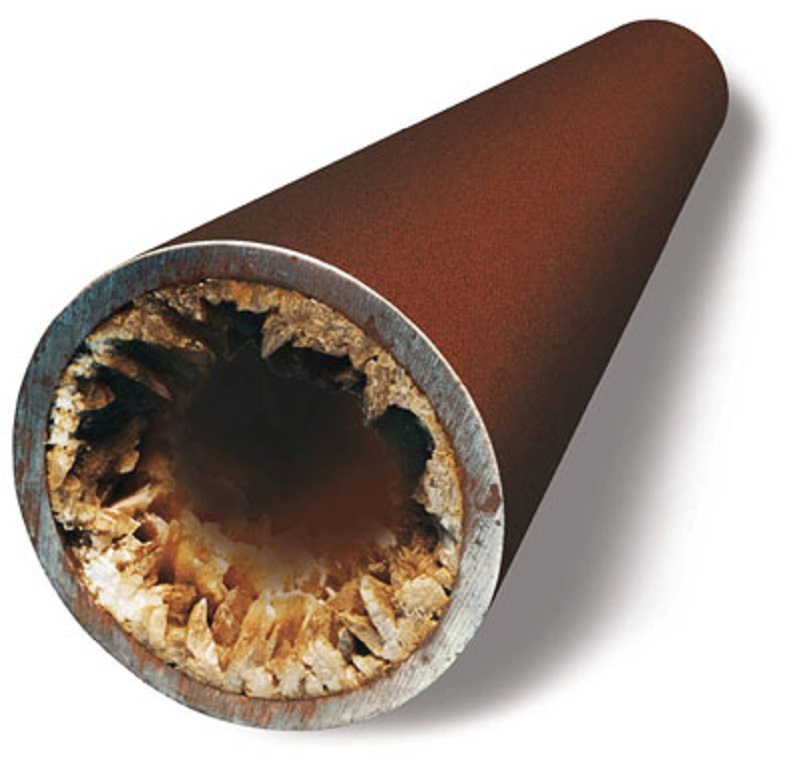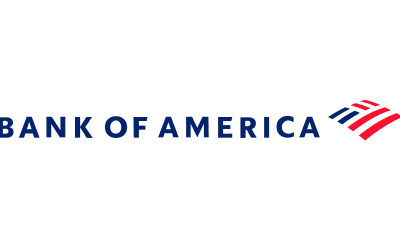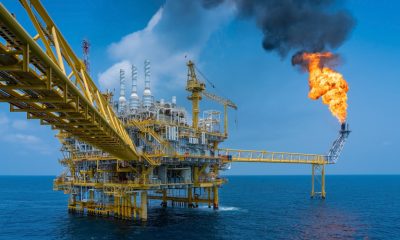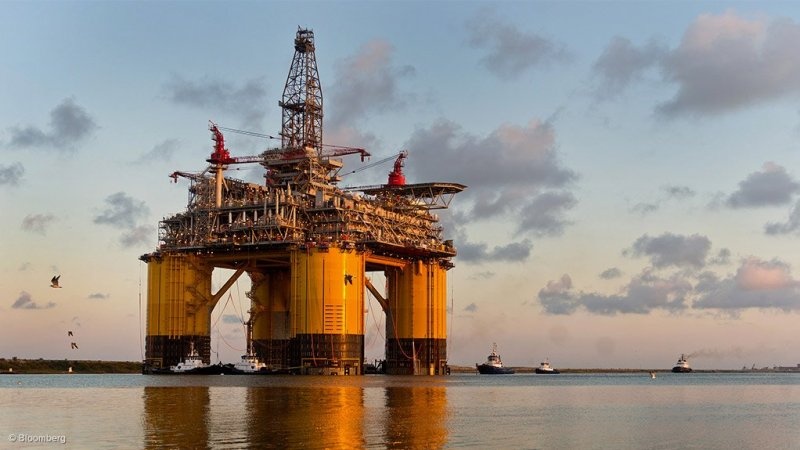Economy
PEARL Gathers Stakeholders to Discuss Oilfield-Scale Problems in Nigeria

By Adedapo Adesanya
Pacegate Energy and Resources Limited (PEARL) has taken its advocacy for increased collaboration in the Nigerian oil and gas sector by engaging stakeholders to discuss and share insights on ways to address oilfield-scale problems, proposing the monitoring of antiscalants as one of the solutions.
At a one-day webinar and seminar themed Scale Inhibitor, Application, and Monitoring, stakeholders shared innovative industry development and supply chain updates, analysed global trends and discussed practical ways to apply and monitor scale inhibitions in the industry.
The event, which was held in partnership with the Canadian Energy Solutions (CES) and Jacam Catalyst, had in attendance Ms Sonia Hukil, Second Secretary (Commercial) & Trade Commissioner at Deputy High Commission of Canada to Nigeria; Mr Dave Horton, Chief Technology Officer CES Energy Solutions; Dallas Disney, Technical Service Director Jacam Catalyst; and Mr Mihir Patel, Supply Chain Director, CES Energy Solutions.
Others were Mr Franklin Oranusih, General Manager Sales and Technical at PEARL; Mr Godwin Ejeh, General Manager Operations at PEARL, and Mr Ayodapo Keshinro, General Manager International Sales at Adipro International Corp amongst others.
It was discussed that scaling represents a major challenge for flow assurance as solid deposits grow over time in oil pipelines, valves, pumps etc. hindering the free flow of fluid with a significant reduction in production rates and equipment damages.
The seminar highlighted the need for stakeholders to discuss the processes of applying and monitoring scale inhibitors to address the industry’s pertinent problems.
Speaking at the hybrid event, Mr Franklin Oranusih, General Manager of Sales and Technical at PEARL said scaling is one of the prevailing sectoral challenges of the Nigerian oil and gas sector that affects the operations.
In his words, “scale formation causes technical problems that lead to equipment damage and economic losses. Preventing it relies on discussing and understanding the composing of the scale, appropriate scale inhibitor, and early pre-treatment. However, the use of chemicals, acting as a scale inhibitor, has significantly proven to be the effective and economical approach to control scale deposition.”
The Second Secretary (Commercial) & Trade Commissioner at Deputy High Commission of Canada to Nigeria, Ms Sonia Hukil also commented on the need for strategic interaction and collaborations to promote the advancement of the Nigerian oil and gas industry.
She said, “Nigeria’s upstream sector contributes significantly to the country’s revenue but also there are commercial opportunities for Canadian companies in both the upstream and downstream sectors and it includes opportunities to provide training, technology, storage equipment and many others”.
Also commenting on the importance of collaboration, the Supply Chain Director at CES Energy Solutions, Mr Mihir Patel said addressing difficult sectoral challenges effectively requires partnerships and sustainability.
“To effectively navigate the supply chain market and ensure business continuity, companies must understand the factors that affect product pricing and the key drivers,” he added.
PEARL is an indigenous local content company that provides fluids and chemical solutions to various industries such as oil & gas, refineries, petrochemical, and transportation sectors of Nigeria’s economy.
The company represents Canadian Energy Solutions (CES), exclusively across Africa. The components of Canadian Energy Solutions are formulated by PEARL in its production facility based in Nigeria and are distributed across the world under the brand name – ADIPRO.
Economy
Tinubu Okays Extension of Ban on Raw Shea Nut Export by One Year

By Aduragbemi Omiyale
The ban on the export of raw shea nuts from Nigeria has been extended by one year by President Bola Tinubu.
A statement from the Special Adviser to the President on Information and Strategy, Mr Bayo Onanuga, on Wednesday disclosed that the ban is now till February 25, 2027.
It was emphasised that this decision underscores the administration’s commitment to advancing industrial development, strengthening domestic value addition, and supporting the objectives of the Renewed Hope Agenda.
The ban aims to deepen processing capacity within Nigeria, enhance livelihoods in shea-producing communities, and promote the growth of Nigerian exports anchored on value-added products, the statement noted.
To further these objectives, President Tinubu has authorised the two Ministers of the Federal Ministry of Industry, Trade and Investment, and the Presidential Food Security Coordination Unit (PFSCU), to coordinate the implementation of a unified, evidence-based national framework that aligns industrialisation, trade, and investment priorities across the shea nut value chain.
He also approved the adoption of an export framework established by the Nigerian Commodity Exchange (NCX) and the withdrawal of all waivers allowing the direct export of raw shea nuts.
The President directed that any excess supply of raw shea nuts should be exported exclusively through the NCX framework, in accordance with the approved guidelines.
Additionally, he directed the Federal Ministry of Finance to provide access to a dedicated NESS Support Window to enable the Federal Ministry of Industry, Trade and Investment to pilot a Livelihood Finance Mechanism to strengthen production and processing capacity.
Shea nuts, the oil-rich fruits from the shea tree common in the Savanna belt of Nigeria, are the raw material for shea butter, renowned for its moisturising, anti-inflammatory, and antioxidant properties. The extracted butter is a principal ingredient in cosmetics for skin and hair, as well as in edible cooking oil. The Federal Government encourages processing shea nuts into butter locally, as butter fetches between 10 and 20 times the price of the raw nuts.
The federal government said it remains committed to policies that promote inclusive growth, local manufacturing and position Nigeria as a competitive participant in global agricultural value chains.
Economy
NASD Bourse Rebounds as Unlisted Security Index Rises 1.27%

By Adedapo Adesanya
The NASD Over-the-Counter (OTC) Securities Exchange expanded for the first session this week by 1.27 per cent on Wednesday, February 25.
This lifted the NASD Unlisted Security Index (NSI) above 4,000 points, with a 50.45-point addition to close at 4,025.25 points compared with the previous day’s 3,974.80 points, as the market capitalisation added N30.19 billion to close at N2.408 trillion versus Tuesday’s N2.378 trillion.
At the trading session, FrieslandCampina Wamco Nigeria Plc grew by N5.00 to trade at N100.00 per share compared with the previous day’s N95.00 per share, Central Securities Clearing System (CSCS) Plc improved by N4.18 to sell at N70.00 per unit versus N65.82 per unit, and First Trust Mortgage Bank Plc increased by 14 Kobo to trade at N1.59 per share compared with the previous day’s N1.45 per share.
However, the share price of Geo-Fluids Plc depreciated by 27 Kobo at midweek to close at N3.27 per unit, in contrast to the N3.30 per unit it was transacted a day earlier.
At the midweek session, the volume of securities went down by 25.3 per cent to 8.7 million units from 11.6 million units, the value of securities decreased by 92.5 per cent to N80.7 million from N1.2 billion, and the number of deals slipped by 33.3 per cent to 32 deals from the preceding session’s 48 deals.
At the close of business, CSCS Plc remained the most traded stock by value on a year-to-date basis with 34.1 million units exchanged for N2.0 billion, trailed by Okitipupa Plc with 6.3 million units traded for N1.1 billion, and Geo-Fluids Plc with 122.0 million units valued at N478.0 million.
Resourcery Plc ended the trading session as the most traded stock by volume on a year-to-date basis with 1.05 billion units valued at N408.7 million, followed by Geo-Fluids Plc with 122.0 million units sold for N478.0 million, and CSCS Plc with 34.1 million units worth N2.0 billion.
Economy
Investors Lose N73bn as Bears Tighten Grip on Stock Exchange

By Dipo Olowookere
The bears consolidated their dominance on the Nigerian Exchange (NGX) Limited on Wednesday, inflicting an additional 0.09 per cent cut on the market.
At midweek, the market capitalisation of the domestic stock exchange went down by N73 billion to N124.754 trillion from the preceding day’s N124.827 trillion, and the All-Share Index (ASI) slipped by 114.32 points to 194,370.20 points from 194,484.52 points.
A look at the sectoral performance showed that only the consumer goods index closed in green, gaining 1.19 per cent due to buying pressure.
However, sustained profit-taking weakened the insurance space by 3.79 per cent, the banking index slumped by 2.07 per cent, the energy counter went down by 0.24 per cent, and the industrial goods sector shrank by 0.22 per cent.
Business Post reports that 25 equities ended on the gainers’ chart, and 54 equities finished on the losers’ table, representing a negative market breadth index and weak investor sentiment.
RT Briscoe lost 10.00 per cent to sell for N10.35, ABC Transport crashed by 10.00 per cent to N6.75, SAHCO depreciated by 9.98 per cent to N139.35, Haldane McCall gave up 9.93 per cent to trade at N3.99, and Vitafoam Nigeria decreased by 9.93 per cent to N112.50.
Conversely, Jaiz Bank gained 9.95 per cent to settle at N14.03, Okomu Oil appreciated by 9.93 per cent to N1,765.00, Trans-nationwide Express chalked up 9.77 per cent to close at N2.36, Fortis Global Insurance moved up by 9.72 per cent to 79 Kobo, and Champion Breweries rose by 5.39 per cent to N17.60.
Yesterday, 1.4 billion shares worth N46.2 billion were transacted in 70,222 deals compared with the 1.1 billion shares valued at N53.4 billion traded in 72,218 deals a day earlier, implying a rise in the trading volume by 27.27 per cent, and a decline in the trading value and number of deals by 13.48 per cent and 2.76 per cent, respectively.
Fortis Global Insurance ended the session as the busiest stock after trading 193.7 million units for N152.7 million, Zenith Bank transacted 120.7 million units worth N11.1 billion, Japaul exchanged 114.8 million units valued at N407.0 million, Ellah Lakes sold 98.4 million units worth N999.2 million, and Access Holdings traded 63.1 million units valued at N1.7 billion.
-

 Feature/OPED6 years ago
Feature/OPED6 years agoDavos was Different this year
-
Travel/Tourism10 years ago
Lagos Seals Western Lodge Hotel In Ikorodu
-

 Showbiz3 years ago
Showbiz3 years agoEstranged Lover Releases Videos of Empress Njamah Bathing
-

 Banking8 years ago
Banking8 years agoSort Codes of GTBank Branches in Nigeria
-

 Economy3 years ago
Economy3 years agoSubsidy Removal: CNG at N130 Per Litre Cheaper Than Petrol—IPMAN
-

 Banking3 years ago
Banking3 years agoSort Codes of UBA Branches in Nigeria
-

 Banking3 years ago
Banking3 years agoFirst Bank Announces Planned Downtime
-

 Sports3 years ago
Sports3 years agoHighest Paid Nigerian Footballer – How Much Do Nigerian Footballers Earn



















